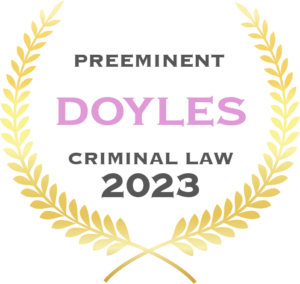- Criminal Law
- Drug Offences
- Larceny
- Malicious Damage to Property
- Firearms Offences
- Fraud
- Sexual Assault
- Riot Charge
- Murder and Manslaughter
- Aggravated Robbery
- Break and Enter
- Firearms Offences
- Apprehended Violence Orders (AVOs)
- Bail Applications
- Affray
- Drug Cultivation
- Assault
- Armed Robbery
Criminal Offences
Criminal Resources
- Traffic Law
Traffic Resources
- About
- Articles
- Locations
- Contact



